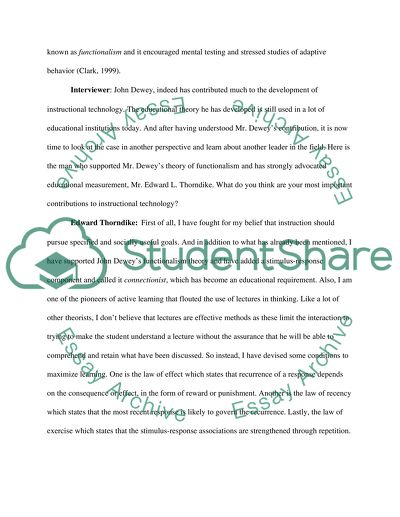Cite this document
(“Concepts of Effective Active Learning Speech or Presentation”, n.d.)
Concepts of Effective Active Learning Speech or Presentation. Retrieved from https://studentshare.org/education/1510155-instructional-technology-essay
Concepts of Effective Active Learning Speech or Presentation. Retrieved from https://studentshare.org/education/1510155-instructional-technology-essay
(Concepts of Effective Active Learning Speech or Presentation)
Concepts of Effective Active Learning Speech or Presentation. https://studentshare.org/education/1510155-instructional-technology-essay.
Concepts of Effective Active Learning Speech or Presentation. https://studentshare.org/education/1510155-instructional-technology-essay.
“Concepts of Effective Active Learning Speech or Presentation”, n.d. https://studentshare.org/education/1510155-instructional-technology-essay.


